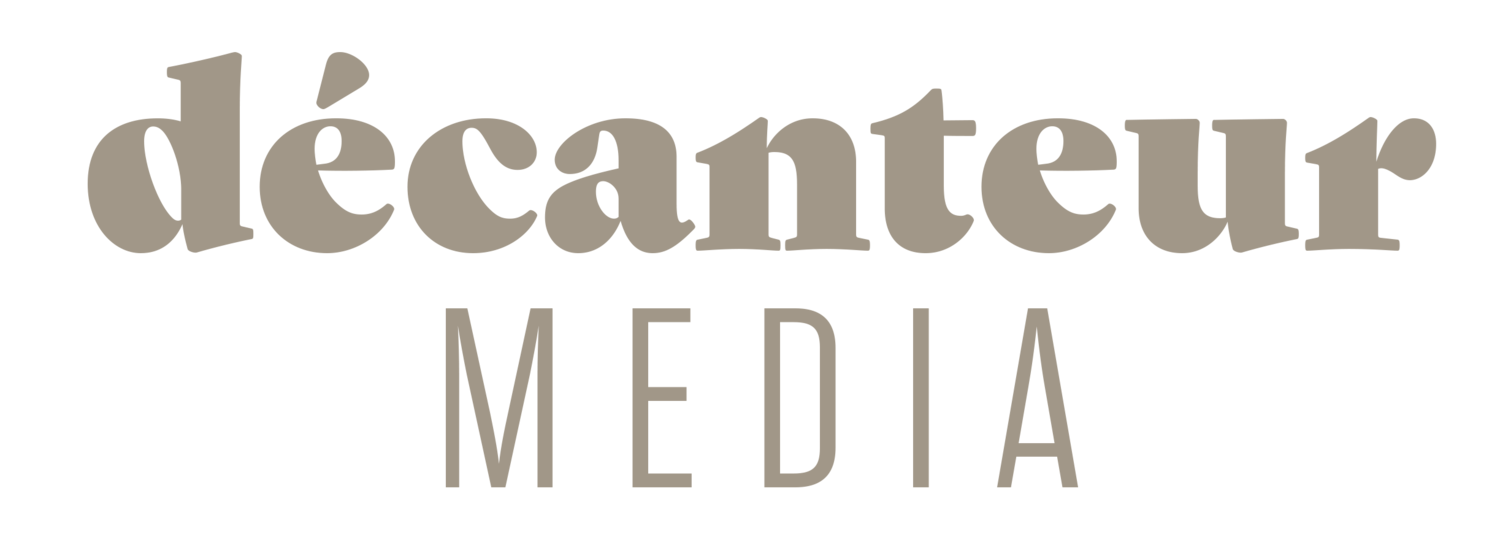The Paris metro is the literal pulse of the city. The trains carry people through an organized mess of veins from one place to another, essential elements to the city’s function. Just like the nutrients and chemicals in our blood pumped through our veins and deposited where they are needed to sustain us, these people keep the city alive – for what is a city without people but an empty shell of material, a dead body devoid of life and movement and growth? Sometimes the passengers are unnecessary, adding frivolous pleasure or thankless harm to the parts of the city they touch. Sometimes they do nothing at all. And oftentimes they do something routine, normal, or even extraordinary to keep the city functioning as it should. Regardless, their very presence is significant because they keep the city in motion therefore alive; they stop it from stagnating and growing decrepit and weak.
I have always loved the Paris metro. There is an undeniable intimacy about it, although the passengers staunchly refuse to acknowledge it. They are trapped inside of a metal box with each other, close enough to hear each other cough and speak and even breathe, sometimes packed in so tight that everyone is touching everyone else and you are inhaling someone else’s exhale, back to chest, shoulder to shoulder, hands touching hands. But everyone stands stiff and cold in their own individual world, silent save for a few hushed murmurs of “pardon, excusez-moi”. The train could be packed to the point of bursting and they will still stand crushed into the corners reading their book, faces expressionless, in willful oblivion of the chaos around them.
The metro is a place for escaping reality and entering into the private world inside ones’ mind. Speaking is rare, and usually taken up in muted tones. The dominant sound is the creaking and groaning of the train barreling through the tunnels, weaving through the underbelly of Paris in broadly arcing turns only to emerge from the surface, hop over the Seine, and dive beneath again. The train screams when the breaks are applied, an obtrusive high-pitched cry that fades into a shallow hiss, punctuated by an intermediate moment filled with the stumbling of feet before the simultaneous orchestra of automatic doors thudding open. People push their way out of the clogged artery of the train, and new ones spill in to take their place. The constant slideshow of people continues, on and on at each stop, until you wonder how many individual humans you have been within ten feet of in the last twenty minutes.
The metro also has a voice, an omnipresent one that fills the train before each stop with a clipped, polite announcement of the station name. Anvers. Pigalle. Montparnasse. Barbes Rouchechoart. Chatelet. Miromesnil. Sometimes it is a soothing woman, and sometimes a prim-sounding man. There is music too, a five-note twinkling melody that comes over the loudspeakers in the stations, followed by a rapid fire French announcement that is drowned out by the crush of people’s footsteps and the swish of their coats as they push past each other. Everyone hurries to the metro, because everyone is always late in France, and because waiting three minutes for the next train is simply unbearable. Getting to your train is sometimes a short walk down a flight of stairs, and sometimes it is a long and arduous journey through what feels like miles of urine-soaked concrete-and-tile tunnels. You are swept into the crowd of people being herded through the passageways, some branching off in other directions, walking at different speeds so there is an uneven swell and current to the crowd. It’s quite like a funnel, where the mouth is the entrance to the station and as the people get deeper and deeper within they are sorted into different tubes until they reach the proper train, to be delivered at their destination where they are spit out and crawl back up to the surface where they put their mark on the city for one more day.



